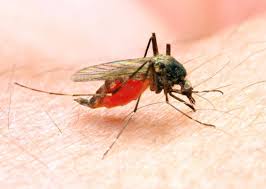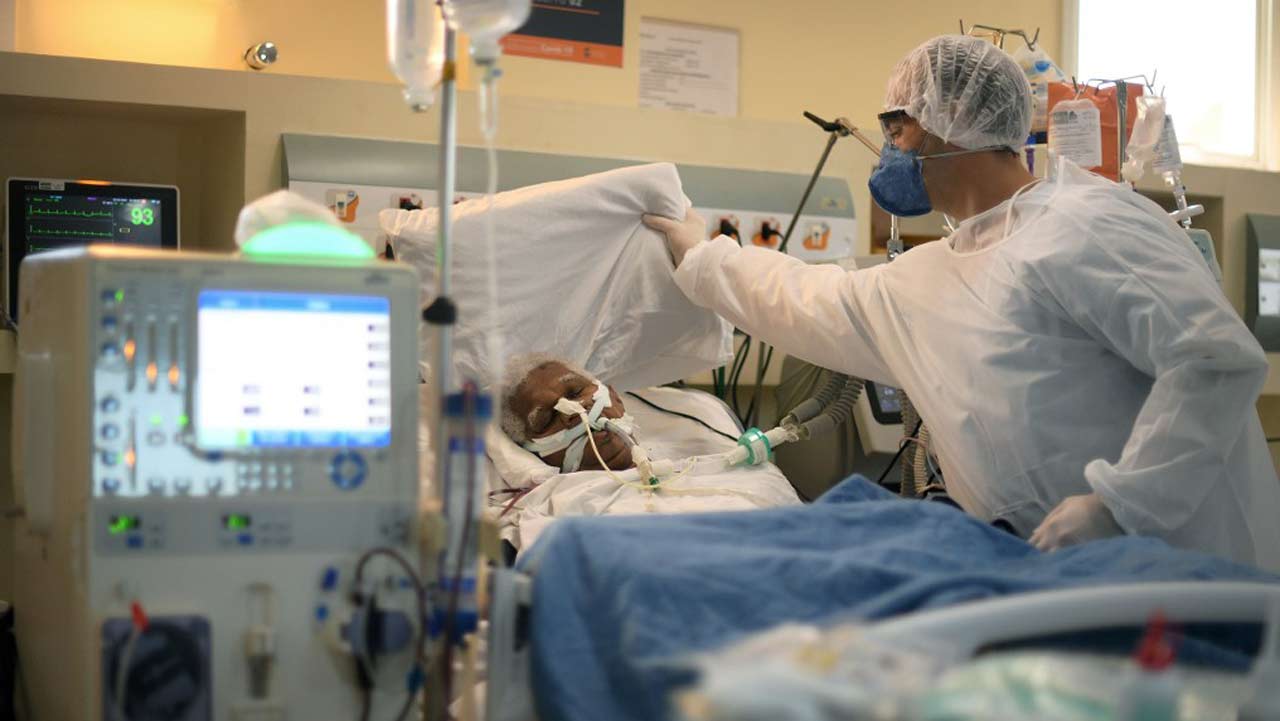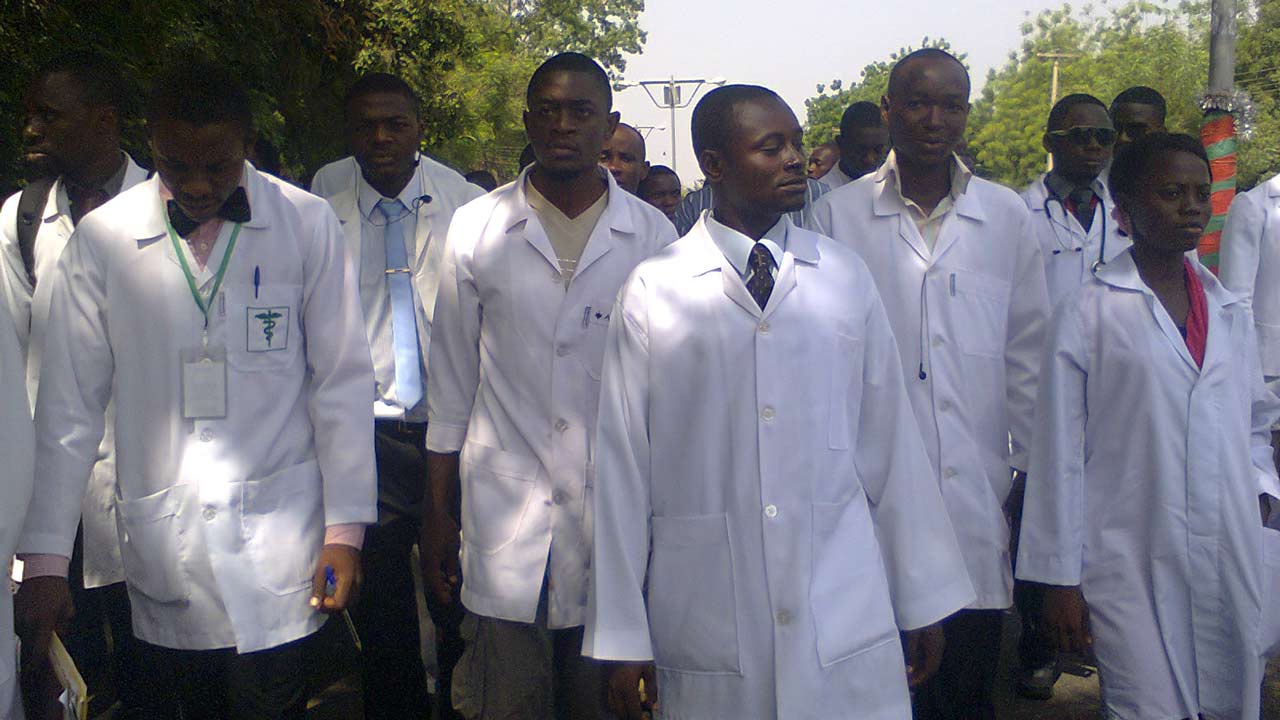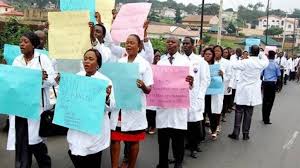Issues bordering on cancer detection and management resonate again as stakeholders converge on Lagos, BUKOLA ADEBAYO writes
For stakeholders who gathered at the College of Medicine, University of Lagos for the fourth Scientific Conference of the Faculty of Basic Medical Sciences last week, the event was more than meets the eye.
The theme, “Innovation in Cancer Research and Diagnosis”, aptly captured the essence of the gathering, while the verdict of the majority of the stakeholders, who attended the event was the same: there is need for more cancer centres in the country.
The Deputy Governor of Lagos State, Dr. Oluranti Adebule; Emeritus Professor of Physiology, Soga Sofola; UNILAG’s Director, Academic Planning, Prof. Oluwatoyin Ogundipe; Mrs. Yetunde Oghomienor, who represented her father, Chief Ajibola Ogunshola, the former Chairman of PUNCH Nigeria Limited, graced the ceremony.
The organisers of the event bestowed on Ogunshola an award of excellence for his contributions to the advancement of medical research in the country.
Among others present are the UNILAG’s Deputy Vice-Chancellor, Academics and Research, Prof. Babajide Alo; Dean, FBMS, Prof. Olufunmilayo Adeyemi; and the Chairperson, Faculty Scientific Conference Committee, Prof. Fatima Abdulkareem.
In their thinking, the handling of the devastating incidence of cancer in Nigeria requires greater commitment from the government. According to them, Nigeria is lagging behind many African countries, such as Ghana, Egypt and Tunisia in cancer control, treatment and research.

For instance, a professor of Morbid Anatomy at the Obafemi Awolowo University, Ile-Ife, Osun State, Olusegun Ojo, who urged the Federal Government to invest more in seeking solution to cancer problems, noted that more Nigerians were dying of the disease.
According to Ojo, a consultant histopathologist, poor investment in cancer care can frustrate research, prevention and treatment of the disease.
He added, “We need to establish cancer treatment centres. Presently, they do not exist as far as we are concerned. From these centres, we can develop research into the specific cancers affecting Nigerians and know better ways to prevent and treat them.
“But there is no investment in that direction so far as it is now, cancer is a private misery in Nigeria. It must be brought into the public domain as a health priority, with good allocation of resources to it.
“Nigeria needs to have a systematic way of collecting information on the incidence of cancer, so that we can accurately estimate its burden and institute good preventive strategies.”
Ojo, who spoke on “Accurate Diagnosis and Evaluation: The Holy Grail of Cancer Management”, noted that cancer was preventable and curable.
Defining cancer as a group of abnormal cells that spread aggressively through the body, the medic stated that the disease only becomes a death sentence when its detection is late or when a patient does not get individualised treatment.
He averred, “Cancer patients survive in developed countries because they practise individualised medicine. They know the stage of the cancerous cells and target its life cycle and destroy it. That is where cancer treatment is now.
“For more cancer patients to survive, each patient must get tailored and a highly specific treatment. That is what the Nigerian government should be looking at and that is why we need specialised centres, not just a cancer ward in a tertiary hospital, to treat the patients.”
Stressing the theme of the conference, “Innovation in Cancer Research and Diagnosis”, Abdulkareem lamented that though there was an increased awareness of the cancer, many people were still dying of the disease.
She attributed increasing cancer deaths among Nigerians to poor knowledge about such risk factors as infections, poor diet, air pollution as well as shortage of facilities for diagnosis and treatment.
Abdulkareem added, “Early detection and diagnosis of cancer have been shown to result in improved survival and even a cure. There is need for scientists and medical and health personnel to know the new developments in the diagnosis and treatment of cancer. We must carry out more research for the benefit of our teeming cancer patients.”
Ojo, who canvassed a conscious change in lifestyle and diet among Nigerians, noted that it was an elixir for reducing the hazards of cancer.
He added, “The kind of food you eat will either increase or decrease your risks for some cancers. We have found that obesity has link to many adult cancers. Eating healthy and exercising to avoid excessive weight is a major way of cutting cancer risks significantly.”
The medics also advised individuals who are above 40 years to endeavour to go for cancer screening yearly.
He noted, “There are some cancers that may occur due to age. For instance, cancer of the breast, cervix, and uterus (womb) are common in older women. Cancer of the prostate is age-related for men. So, screening will ensure that they are detected, treated and eradicated. Some cancers can be cured; that is why we have survivors.”
BY BUKOLA ADEBAYO
THE PUNCH
ABUJA: Training Schedule for Basic Life Support BLS, Pediatric Advanced Life Support (PALS), Advanced Cardiovascular Life Support ACLS, First Aid, CPR, AED
PORTHARCOURT: Training Schedule for Basic Life Support BLS, Pediatric Advanced Life Support (PALS), Advanced Cardiovascular Life Support ACLS, First Aid, CPR, AED
LAGOS: Training Schedule for Basic Life Support BLS, Pediatric Advanced Life Support (PALS), Advanced Cardiovascular Life Support ACLS, First Aid, CPR, AED





